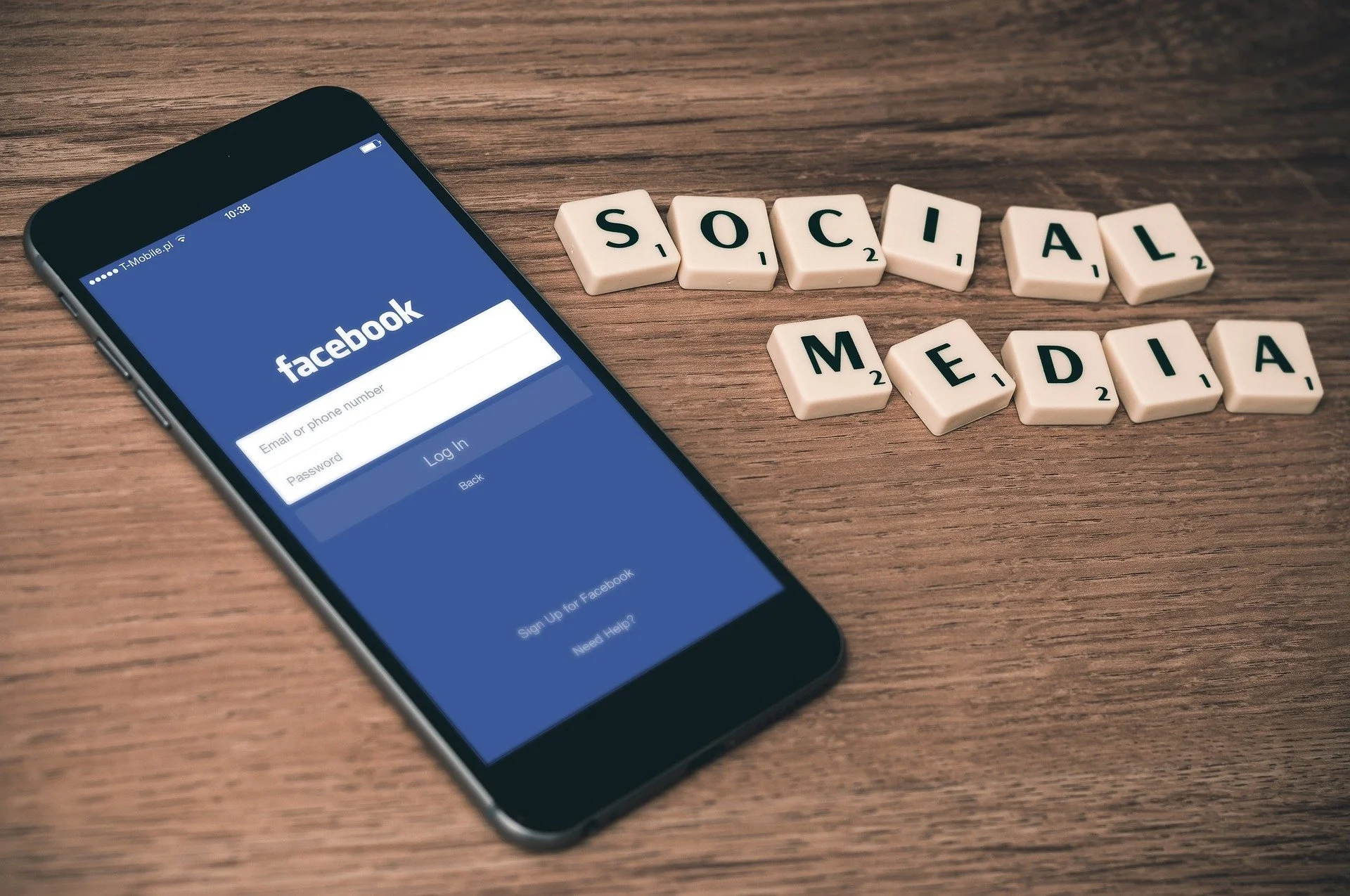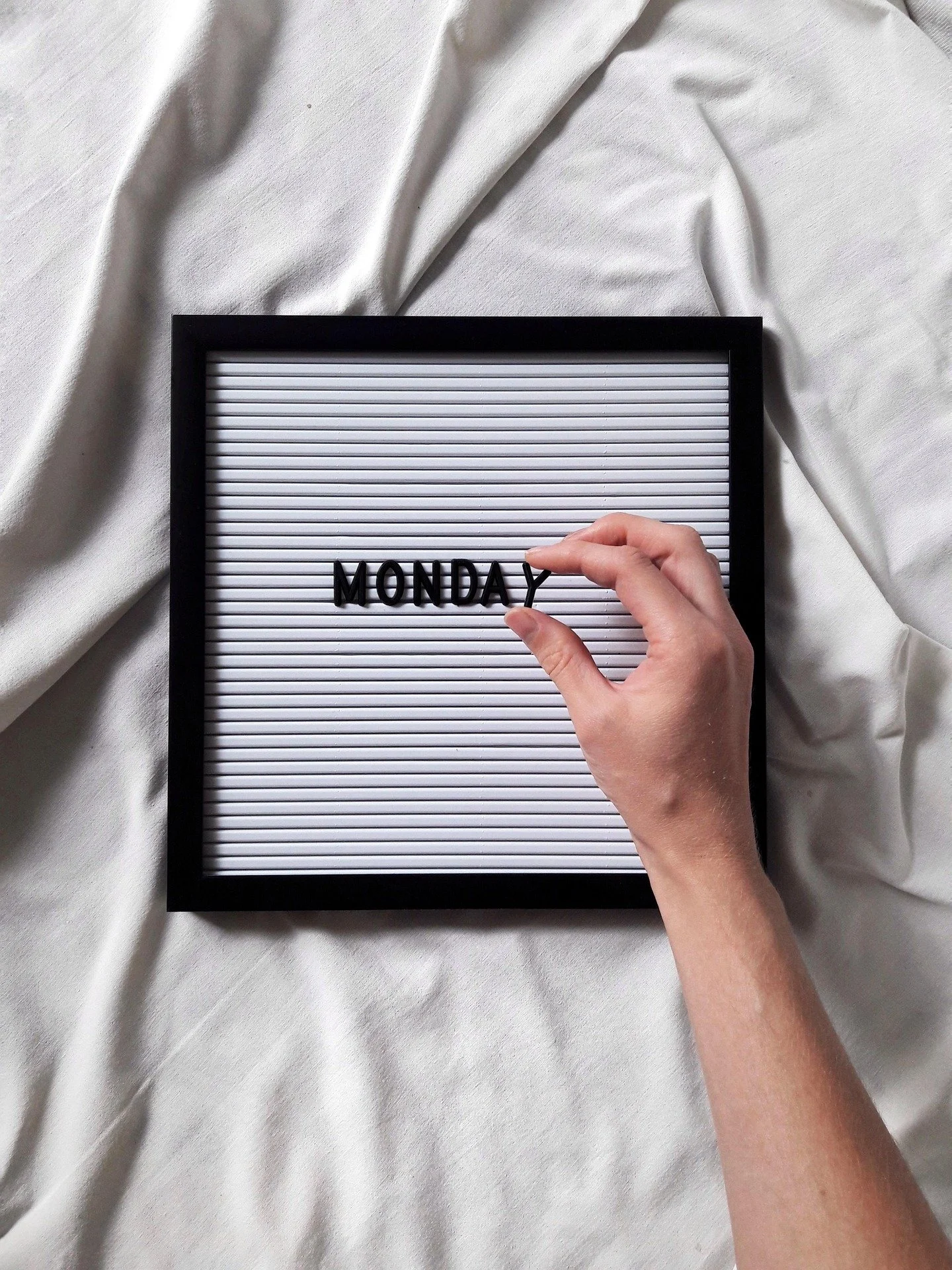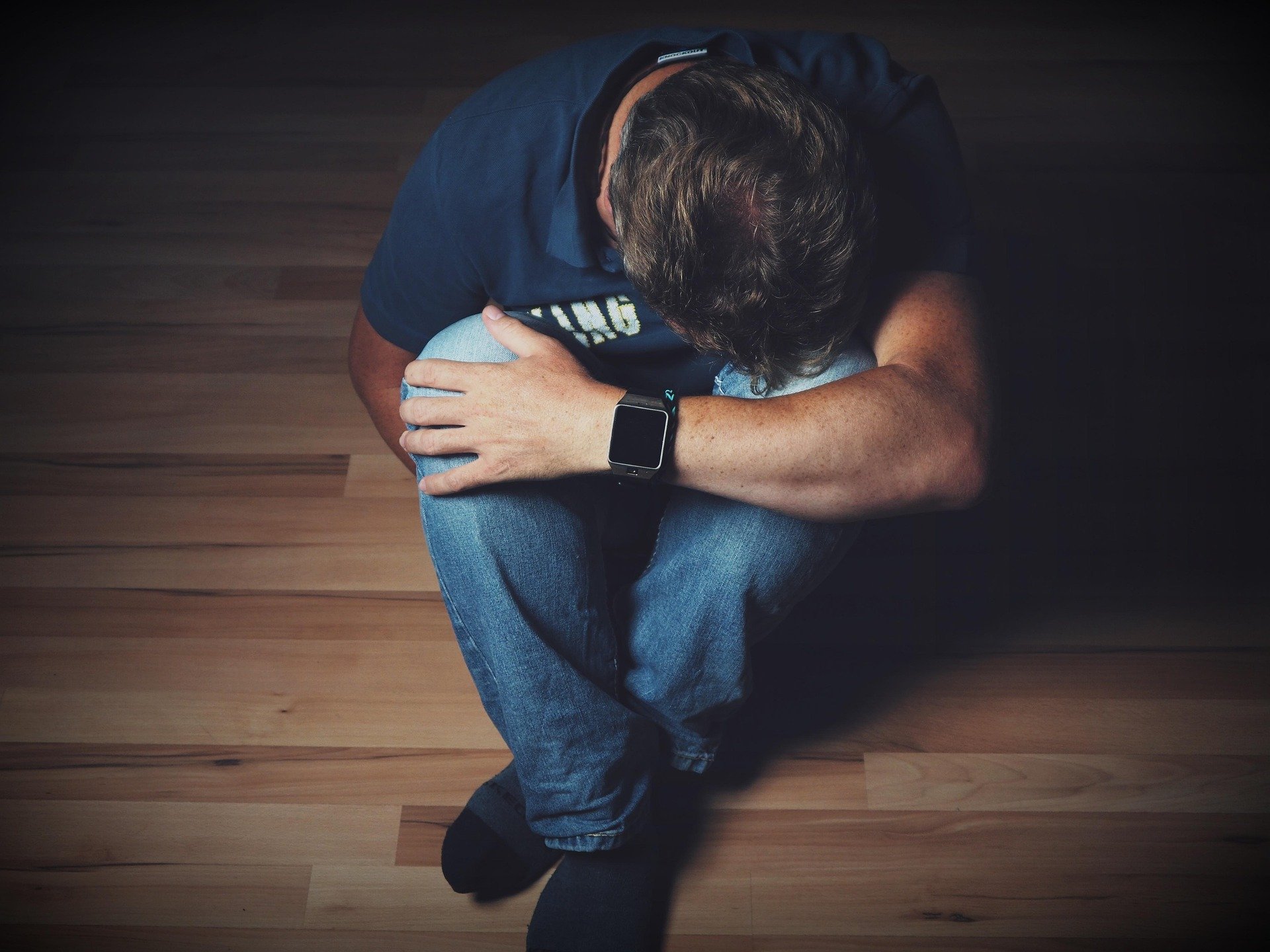A Millennial ponders social media and health
In the past month I’ve seen a deluge of AI-generated videos flooding my feeds. Yes they’re technologically impressive but I can’t say that seeing a AI granny fall into an AI tigers den left me any better off. It left me wondering: why am I spending time watching this type of trash?
Managing Life with Seasonal Affective Disorder (SAD): Tips for Coping with the Winter Blues
Often nicknamed the “Winter Blues”, Seasonal Affective Disorder is a type of depression linked to changes in daylight. While it’s most common in the darker autumn and winter months, some people also experience symptoms in spring. For many, the reduced light levels disrupt mood, energy, and motivation.
Happy Monday!
Monday! Another week begins! Not sure if it’s an age thing but recently weekends seem to disappear rapidly and before you know it it’s time to return to the office.
Managing Depression as a Health Coach - And What I Want You To Know
Hi, I’m a health coach, and I struggle with depression. My life is far from picture-perfect. I don’t have all the answers, but what I do have is a lot of experience—both personal and professional. I’ve learned a lot over the years about managing mental health, and today, I want to share some of those insights with you.




